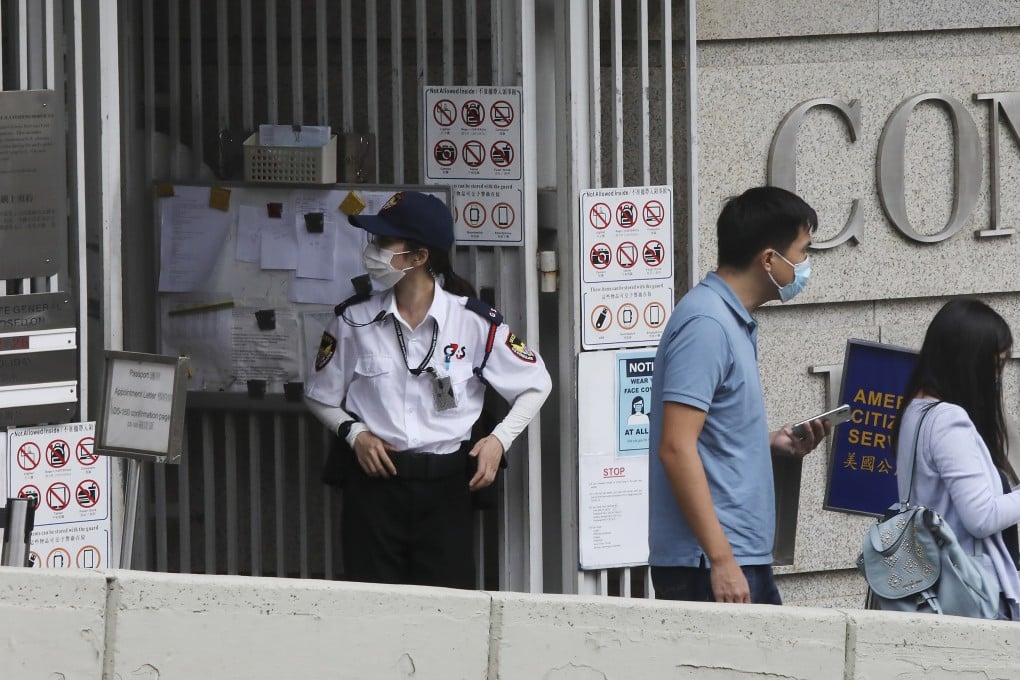My Take | Hong Kong should be a hub for many things, but not espionage
- It must be infuriating for the Five Eyes that at long last Beijing is putting an end to the city being a haven for spies

I got a kick out of reading this lead story from the Financial Times last week.
It reported, rather breathlessly: “China has demanded the floor plans of all properties rented by foreign missions in Hong Kong, in a move diplomats believe reflects Beijing’s paranoia about overseas interference in the Asian financial hub’s turbulent politics.”
“Paranoia”, in the first paragraph? You mean they haven’t been interfering in Hong Kong? US officials have openly testified before the US Congress about their subversive activities in the city during the 2019 riots, and complained about not getting enough funding, budgets being cut and otherwise not getting all the resources they needed.
These days, for most Anglo-American news outlets, you can move whole stories about Hong Kong and mainland China from the news section to the op-eds and you wouldn’t know the difference.
So Chinese authorities have demanded, the FT reported, “floor plans, details of rental or sale terms, as well as lease or sale agreements” from foreign missions. That’s actually standard practice on the mainland. Now horror of horrors, it’s being extended to Hong Kong.
It’s about time, I say. There is a new cold war threatening to become a hot war with the United States and its allies against China. What do you think those countries have been doing in Hong Kong, an open Chinese city they could move their spies in and out of easily, or used to?
